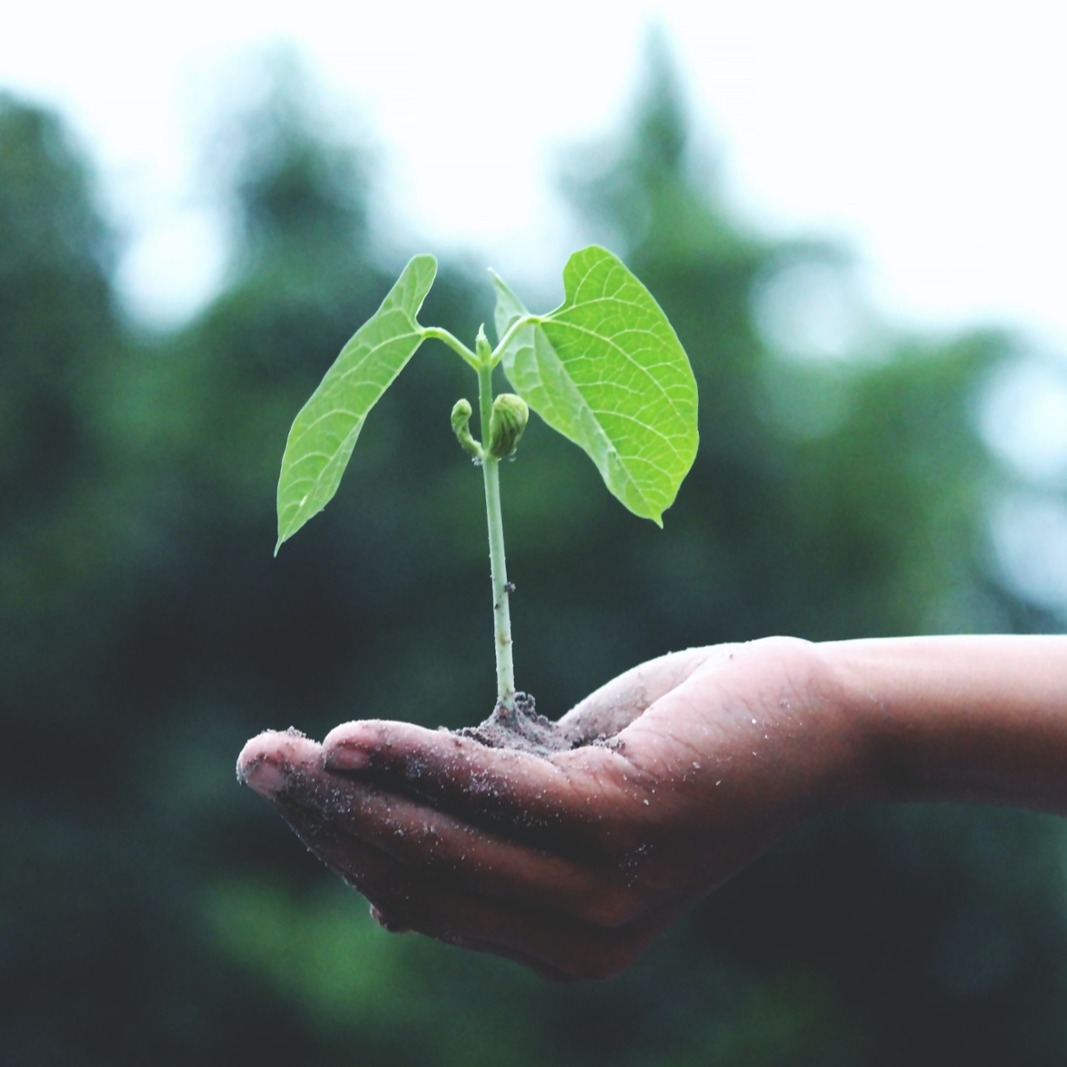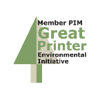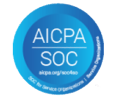
Sustainability
Paper and printing aren’t often associated with green initiatives, but Daily Printing is committed to sustainability in all our processes. The three greatest environmental impact factors in printing are materials, energy consumption, and waste. Using the latest technology and advanced printing equipment can reduce consumption in all three of these impact areas. Daily printing is an FSC certified printer and Green Printer Certified minimizing our environmental impact now and in the future. Here are some of our current initiatives:
-
Our pressroom uses alcohol-free, low VOC inks and chemicals, which are both better for the environment and recipient, but also create a safer work environment for our team.
-
We don’t have “waste” at Daily, all cut paper that does not become part of the final product, is recycled. As part of our robust recycling program, all paper trim is turned back into fiber for the paper making process, returning waste into usable paper.
-
We also recycle all printing plates when they can no longer be used as is. Our printing plates are made from high grade pure aluminum, which can be recycled repeatedly.
-
Plastic packaging and products are rare to see in our facility, though occasionally it can’t be avoided. Daily strives for water soluble cornstarch or recycled products whenever possible.
-
Our facilities manager has a unique program developed for energy savings and increased longevity for all HVAC equipment on-site. The specially designed maintenance program incorporates a monthly rotation service schedule for all units to ensure they run at peak efficiency all year. This program saves us from replacing units more often and saves energy consumption from inefficient machines.
-
Daily Printing is fully equipped with Led lighting throughout the facility to save energy and materials used.
of consumers prefer products that don't harm plants or animals.
acres of forest are lost each year (this equates to 36 football fields every minute)
of the Earth's land is comprised of forests.
FSC was found long ago, but destructive forestry still happens
acres of forest are FSC certified
Frequently Asked
Questions
-
FSC Prohibits Deforestation
No other certification program restricts forest conversion. This ensures that natural forest will not be used for non-forest uses such as real estate development or agriculture.
-
FSC Limits Clearcut Size
Certified forest owners follow nature’s lead in how they harvest to ensure forests remain healthy. That means that even after harvest, the forest will continue to grow and remain intact for years to come.
-
FSC Protects High Conservation Value Forests
FSC is the only standard with clear requirements to protect high conservation value forests including the protection of rare old growth areas.
-
FSC Protects Indigenous Peoples' Rights
FSC explicitly requires forest managers to uphold and protect the customary rights and resources of indigenous people. And FSC is the only standard to ensure that forest managers assess and address the impacts of forest operations on local communities.
-
FSC Restricts the Use of Hazardous Chemicals
There are more greenhouse gas emissions from deforestation than all transportation combined. That’s why FSC works to protect our air quality by prohibiting the use of some of the most hazardous pesticides, herbicides and other chemicals that are still widely used in the US and Canada.
-
FSC Protects Endangered Species
This protection extends to species at risk of becoming threatened or endangered.
-
FSC Protects Water Quality
FSC is the only standard to specify expanded protection for rivers, lakes, and other bodies of water. This protects our water from erosion and chemical runoff, not currently covered by industry-based best management guidelines and existing laws.
FSC Prohibits Deforestation
No other certification program restricts forest conversion. This ensures that natural forest will not be used for non-forest uses such as real estate development or agriculture.
FSC Limits Clearcut Size
Certified forest owners follow nature’s lead in how they harvest to ensure forests remain healthy. That means that even after harvest, the forest will continue to grow and remain intact for years to come.
FSC Protects High Conservation Value Forests
FSC is the only standard with clear requirements to protect high conservation value forests including the protection of rare old growth areas.
FSC Protects Indigenous Peoples' Rights
FSC explicitly requires forest managers to uphold and protect the customary rights and resources of indigenous people. And FSC is the only standard to ensure that forest managers assess and address the impacts of forest operations on local communities.
FSC Restricts the Use of Hazardous Chemicals
There are more greenhouse gas emissions from deforestation than all transportation combined. That’s why FSC works to protect our air quality by prohibiting the use of some of the most hazardous pesticides, herbicides and other chemicals that are still widely used in the US and Canada.
FSC Protects Endangered Species
This protection extends to species at risk of becoming threatened or endangered.
FSC Protects Water Quality
FSC is the only standard to specify expanded protection for rivers, lakes, and other bodies of water. This protects our water from erosion and chemical runoff, not currently covered by industry-based best management guidelines and existing laws.
Start your project today with Daily Printing!
Accreditation
SOC 2 Compliant
Certified that we conform to the American Institute of Certified Public Accountants (AICPA) Service and Organization Controls (SOC 2) standard, which measures security and availability principles, and serves as an assurance that your data is being managed in a controlled and audited environment.






